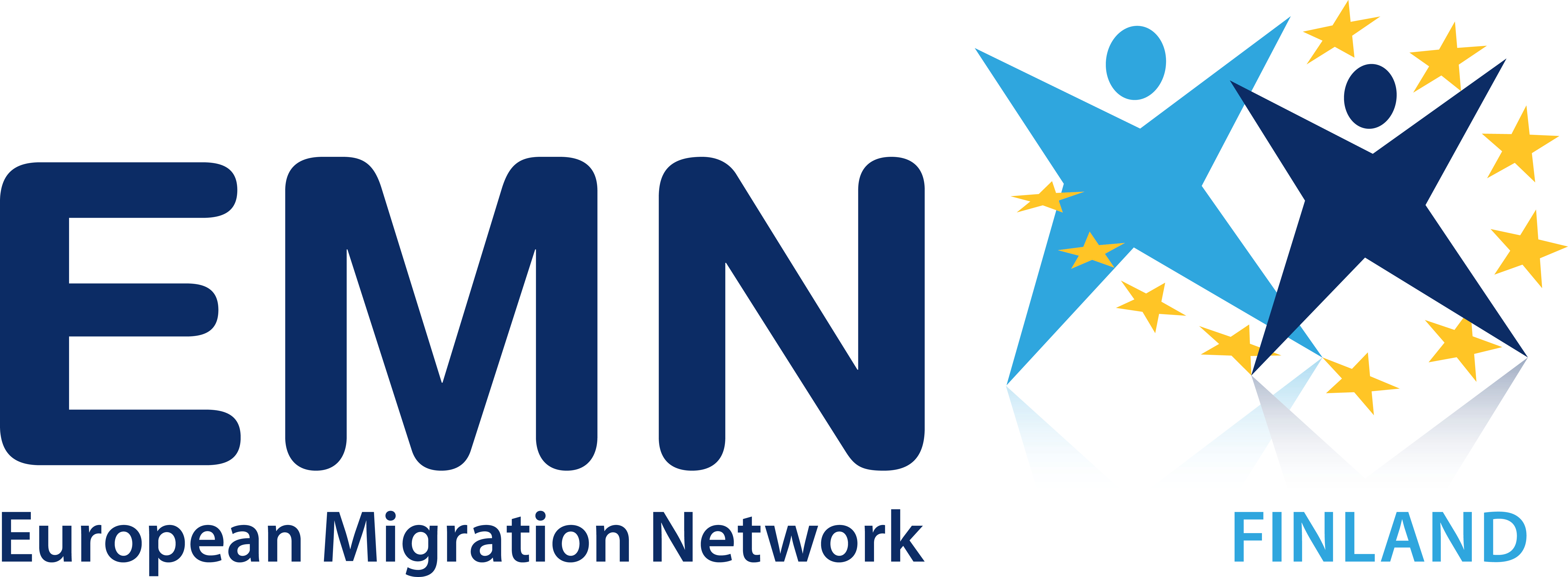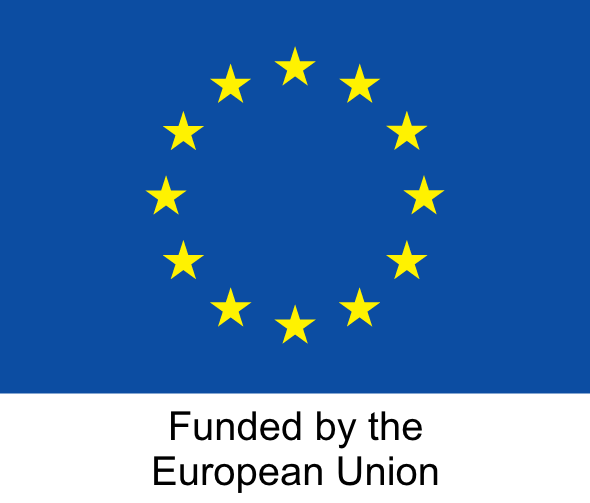European Migration Network: Applicants for international protection have a legal right to work, but there are few practical measures to support their employment
.jpg/cbe1e909-e62a-05ba-6270-a6fe043d291b?t=1696507348218)
The Act on the Promotion of Immigrant Integration does not apply to applicants for international protection, nor are they within the scope of employment and economic development services. Supporting the employment of applicants for international protection is primarily the responsibility of reception centres and non-governmental organisations. This is revealed by the European Migration Network’s (EMN) newly published report Integration of applicants for international protection in the labour market. The study was carried out in response to a proposal by the European Commission, and the Finnish national report will be published in connection with an EU-level EMN-study comparing practices between European countries.
“There are few measures in place that are directly aimed at the employment of applicants for international protection. At reception centres, the employment of applicants for international protection can be supported by organising employment and study activities, providing employment-related guidance and assessing the skills and competencies of applicants. Non-governmental organisations, such as the Finnish Red Cross and Startup Refugees, have sought to provide more direct measures to support the employment of applicants for international protection,” says Senior Specialist Samuli Volanen, the author of the report.
Under Finnish law, applicants for international protection can start to work three or six months after lodging their application for international protection, depending on whether the applicant has presented a travel document that gives them the right to enter the country. Unlike in most European countries, applicants for international protection in Finland do not need to apply for a separate permit or certificate in order to start working at the end of the waiting period. The right to work based on an asylum application ceases when the decision to remove the applicant from the country is enforceable, or when their application for international protection has lapsed.
“It is challenging for companies to hire applicants for international protection because, in practice, it is not clear how long their right to work will remain in effect,” Volanen notes. Under Finnish law, the employer has an obligation to ensure that a foreign national entering their service and working in their employment has the right to work. The validity of the right to work can be confirmed by e-mailing the Finnish Immigration Service, but the law does not specify how – and how often – the employer is required to confirm the right to work for a foreign national they have employed.
The labour market integration of applicants for international protection does not appear to be a priority in Finland or at the European level. There are also no statistics available on the employment rate of international protection applicants in Finland, which makes it difficult to establish a comprehensive understanding of the extent of their employment. The EU-level EMN-study also shows that applicants for international protection encounter very similar challenges in most European countries. Finding employment is complicated by the high level of language proficiency requirements in the labour market and difficulties related to the recognition of immigrants’ skills and qualifications, for example.
The report on the integration of applicants for international protection in the labour market is based on information collected for the European Migration Network’s EU-level EMN-study. The study focuses on the time period January 2017 – June 2022. The EU-level EMN-study examines the labour market access and integration of applicants for international protection in various EU countries. The information collected in Finland provides an overview of the opportunities and challenges concerning the integration of applicants for international protection into working life in Finland.
Further information
EMN Study 2023: Labour market integration of applicants for international protection – National Report of Finland
EU-level EMN-study: Integration of applicants for international protection in the labour market

.png/674c5c81-b104-88d1-6f3c-87ddc17d1f96?t=1696506808720)



